Kathmandu-Google vs Epic Games lawsuit has reached another pivotal moment as the US Ninth Circuit Court ordered Google to implement significant changes to its app store policies. This latest development in the Google vs Epic Games lawsuit represents a major victory for Epic Games and could fundamentally reshape how Android users access and purchase apps.
The court’s ruling in the Google vs Epic Games lawsuit requires Google to allow Android developers to use alternative payment systems, breaking the tech giant’s monopolistic control over in-app purchases. Despite losing the antitrust case, Google has received temporary relief from implementing immediate changes to its Play Store operations.
Google vs Epic Games Lawsuit: Timeline of Events
The Google vs Epic Games lawsuit began in 2020 when Epic Games launched “Project Liberty,” implementing its own independent billing system to avoid Google’s 30% commission fees. This direct challenge to Google’s payment monopoly sparked one of the most significant antitrust battles in the mobile app industry.
Key Milestones in Google vs Epic Games Lawsuit
2020: The Conflict Begins
- Epic Games implements independent billing system
- Google removes Fortnite from Play Store in retaliation
- Epic Games files antitrust lawsuit against Google
2023: Jury Verdict
- December jury finds Google guilty of monopolistic practices
- Court determines Google deliberately abused its monopoly power
- Ruling confirms Google forced developers to use its billing system
2024: Permanent Injunction
- October: Northern District Court of California issues permanent order
- Google ordered to open sideloading capabilities
- Court mandates promotion of healthy competition
2025: Implementation Delays
- Ninth Circuit grants Google temporary relief
- Three-week extension provided for policy changes
- Security concerns cited as justification for delay
Court-Ordered Changes in Google vs Epic Games Lawsuit
Immediate Policy Modifications Required
The Google vs Epic Games lawsuit ruling mandates several fundamental changes to Google’s business model:
Payment System Reforms:
- Elimination of mandatory Google Play Billing requirements
- Permission for developers to offer alternative payment methods
- Allowing apps to inform users about cheaper payment options
- Direct links to external payment systems within apps
App Distribution Changes:
- Developers can provide download links outside Play Store
- Sideloading restrictions must be removed
- Third-party app stores allowed on Android devices
- End to exclusive pre-installation agreements with manufacturers
Long-term Structural Changes
The most significant aspect of the Google vs Epic Games lawsuit involves forcing Google to host competitor app stores within its own platform:
Competitor Store Integration:
- Epic Games Store must be available within Google Play Store
- Microsoft Xbox Store integration required
- Other rival app stores given equal access
- Eight-month timeline provided for security system development
This means users won’t see competing app stores until 2026, as Google needs time to develop necessary security protocols for the Google vs Epic Games lawsuit compliance.
Google’s Defense Strategy in the Lawsuit
Security Concerns Argument
Google’s primary defense in the Google vs Epic Games lawsuit centers on user security and platform integrity:
Malware Protection Claims:
- External links expose users to malicious software
- Sideloading increases cybersecurity risks
- Current system protects millions of users
- Third-party payments lack Google’s security standards
System Stability Arguments:
- Rapid changes could destabilize Android ecosystem
- Over 500,000 app developers would be affected
- Millions of users face potential service disruptions
- Complex integration requires extensive testing periods
Legal Appeal Strategy
Google has signaled its intention to continue fighting the Google vs Epic Games lawsuit through higher courts:
Appeal Timeline:
- Challenge main verdict in higher courts
- Potential Supreme Court appeal if necessary
- Extended legal battle expected for several years
- Continued requests for implementation delays
Impact on Android Ecosystem from Google vs Epic Games Lawsuit
Benefits for App Developers
The Google vs Epic Games lawsuit victory provides several advantages for Android app developers:
Financial Benefits:
- Reduced commission fees through alternative payment systems
- Direct customer relationships without Google intermediary
- Increased profit margins on in-app purchases
- Freedom to negotiate better payment processing rates
Distribution Flexibility:
- Multiple distribution channels for increased reach
- Reduced dependence on Google Play Store approval
- Direct marketing opportunities to users
- Enhanced customer data access and control
Consumer Advantages
Android users stand to benefit significantly from the Google vs Epic Games lawsuit outcome:
Increased Choice:
- Access to multiple app stores within single device
- Competitive pricing due to reduced developer costs
- More payment options for app purchases
- Enhanced app discovery through diverse platforms
Market Competition:
- Lower app prices due to increased competition
- Innovation driven by competitive pressure
- Better customer service from competing platforms
- Reduced risk of arbitrary app removals
Industry-Wide Implications of Google vs Epic Games Lawsuit
Precedent for Other Tech Giants
The Google vs Epic Games lawsuit sets important precedents that could affect other major technology companies:
Apple’s App Store Scrutiny:
- Similar antitrust challenges likely to increase
- Pressure to reduce 30% commission structure
- Potential requirement for alternative payment systems
- Increased regulatory oversight of app store policies
Platform Monopoly Concerns:
- Enhanced scrutiny of dominant market positions
- Stricter enforcement of antitrust regulations
- Greater protection for smaller developers
- Reduced barriers to market entry for competitors
Global Regulatory Impact
The Google vs Epic Games lawsuit influences international regulatory approaches:
European Union Response:
- Digital Markets Act enforcement strengthened
- Similar requirements for gatekeeper platforms
- Increased fines for non-compliance
- Harmonization with US court decisions
Other Jurisdictions:
- Asian markets reviewing app store policies
- Enhanced developer protection measures
- Competitive market promotion initiatives
- Consumer choice advocacy strengthening
Technical Challenges in Implementation
Security System Development
Google faces significant technical challenges in complying with the Google vs Epic Games lawsuit requirements:
Multi-Store Integration:
- Secure sandboxing for competitor apps
- Unified security scanning across platforms
- Consistent user experience maintenance
- Cross-platform compatibility assurance
Payment System Security:
- Verification of third-party payment processors
- Fraud prevention across multiple systems
- User data protection during transactions
- Compliance with financial regulations
Timeline Considerations
The eight-month development period reflects the complexity of implementing Google vs Epic Games lawsuit requirements:
Development Phases:
- Security architecture design (2 months)
- System integration and testing (4 months)
- Beta testing with select partners (1 month)
- Full deployment and monitoring (1 month)
Future Outlook for Google vs Epic Games Lawsuit
Potential Supreme Court Review
Legal experts predict the Google vs Epic Games lawsuit may ultimately reach the Supreme Court:
Key Legal Questions:
- Balance between platform security and competition
- Scope of antitrust enforcement in digital markets
- Rights of platform owners versus developers
- Consumer protection versus market freedom
Market Transformation Timeline
The full impact of the Google vs Epic Games lawsuit will unfold over several years:
Short-term Changes (2025-2026):
- Alternative payment system implementation
- Increased sideloading capabilities
- Enhanced developer freedom
- Initial competitive pressure on Google
Long-term Transformation (2026-2030):
- Multiple app stores within Android ecosystem
- Significant market share redistribution
- New business models for app distribution
- Enhanced innovation through competition
Lessons for App Developers
Strategic Planning Recommendations
App developers should prepare for the post-Google vs Epic Games lawsuit environment:
Business Model Adaptation:
- Evaluate alternative payment systems
- Develop multi-platform distribution strategies
- Build direct customer relationships
- Optimize for competitive app store environments
Technical Preparation:
- Ensure app compatibility across platforms
- Implement flexible payment processing
- Develop robust security measures
- Plan for increased customer support needs
For comprehensive analysis of mobile app market trends and developer opportunities, visit our mobile app development section for expert insights and industry updates.
For official legal documents and court filings related to this case, consult the US Courts website for authoritative legal information.
The Google vs Epic Games lawsuit represents a watershed moment in mobile app distribution, potentially reshaping the entire Android ecosystem and setting precedents for platform regulation worldwide.


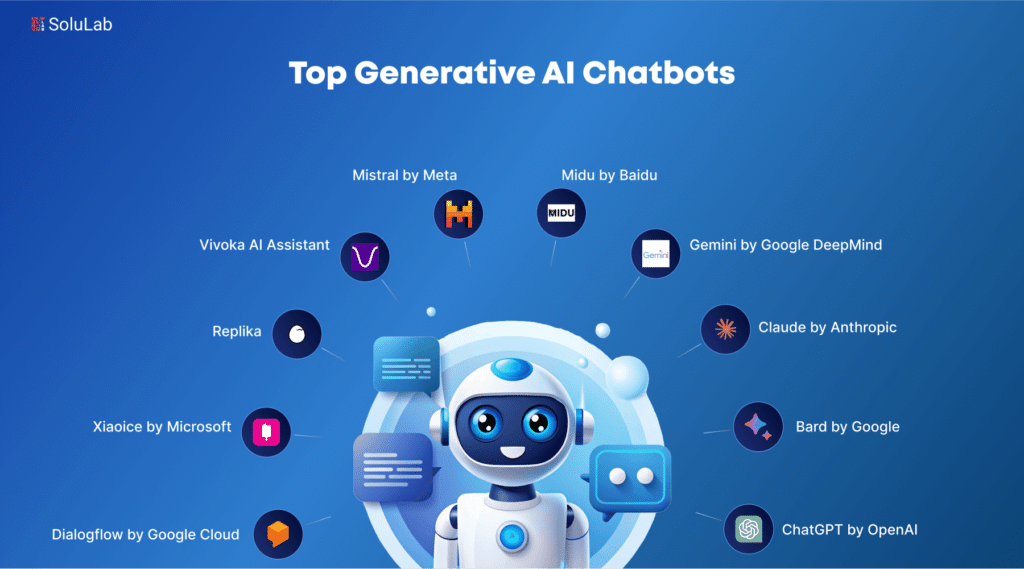


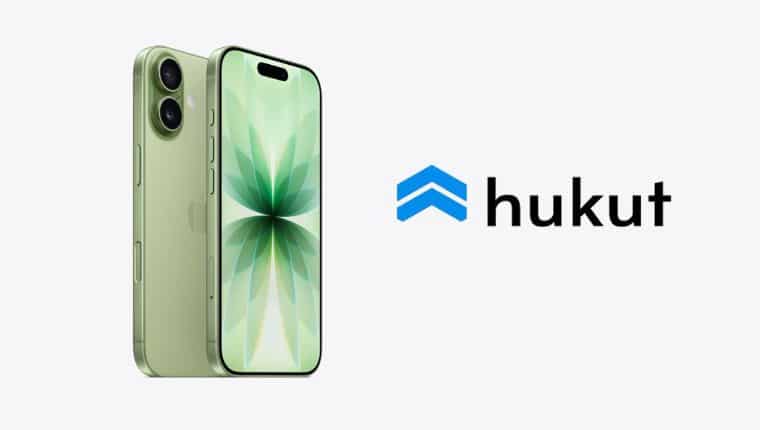


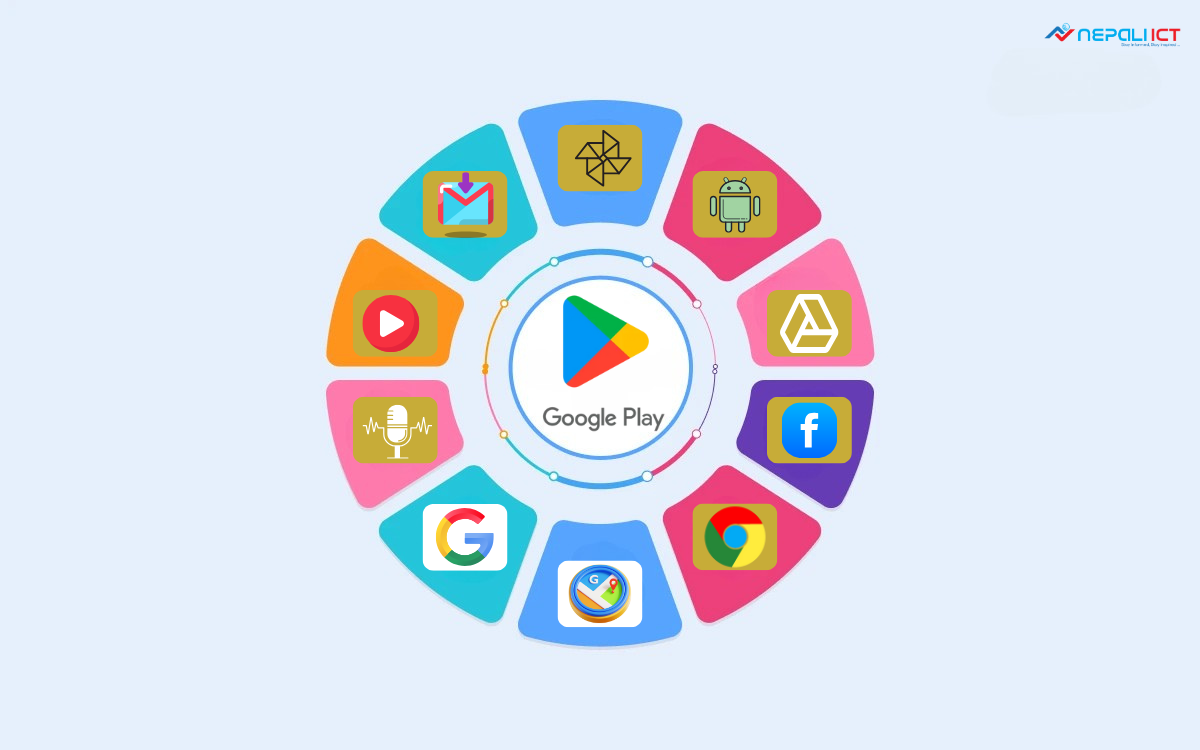
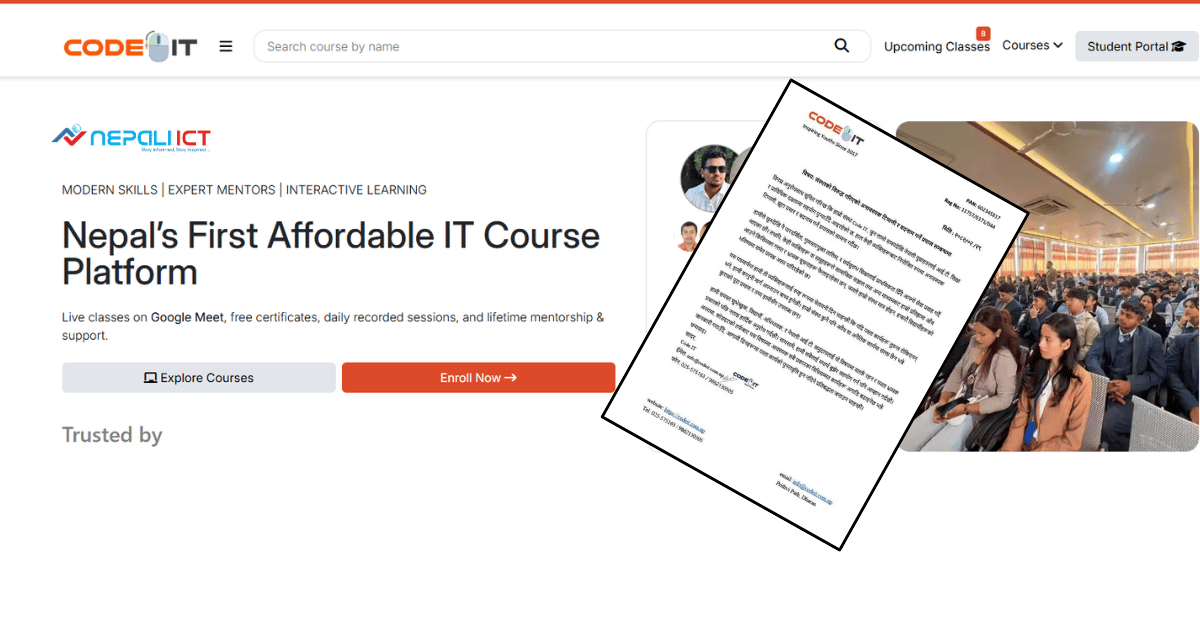




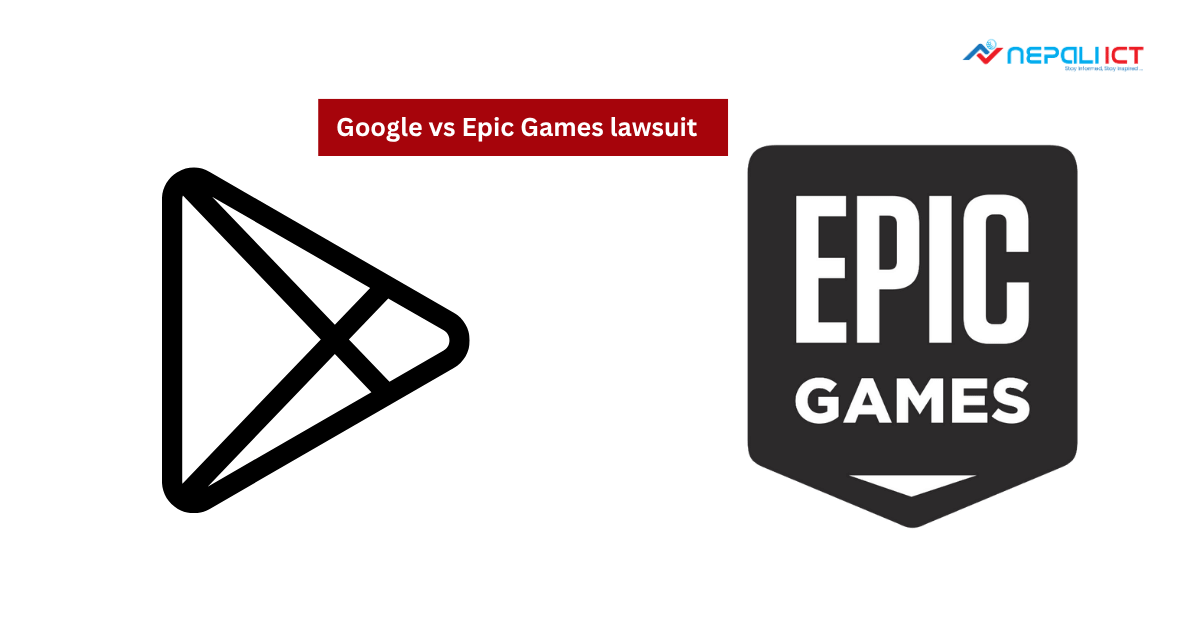







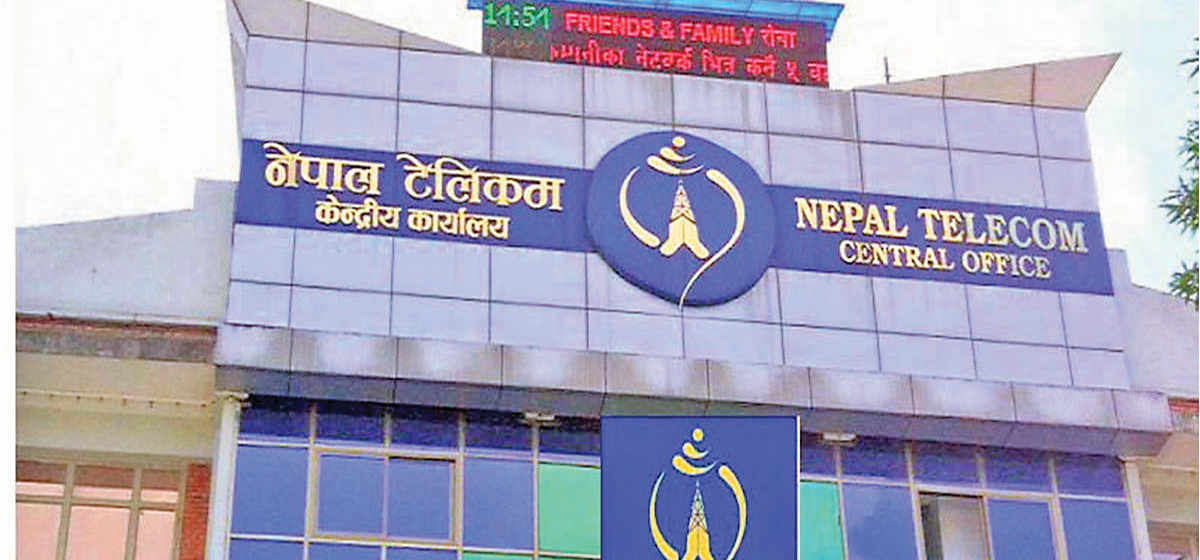
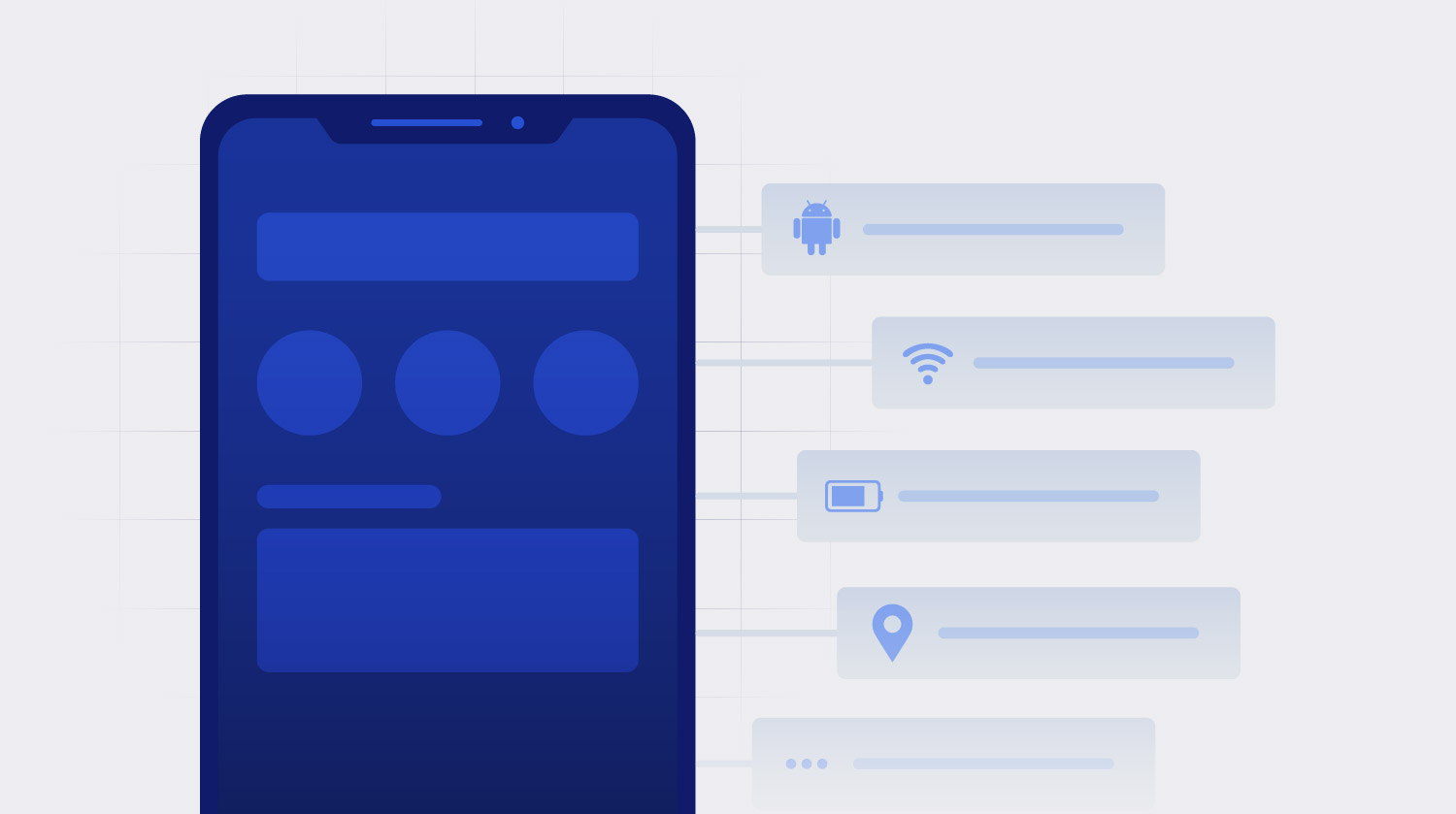

Comments